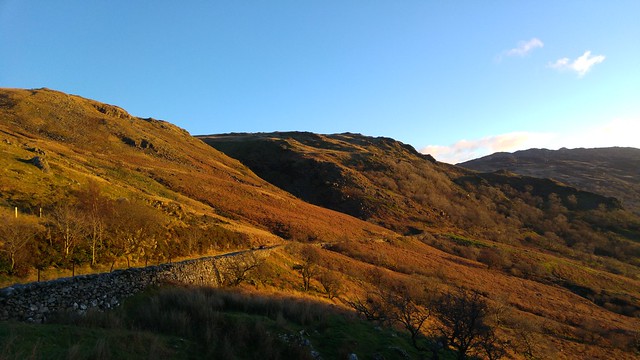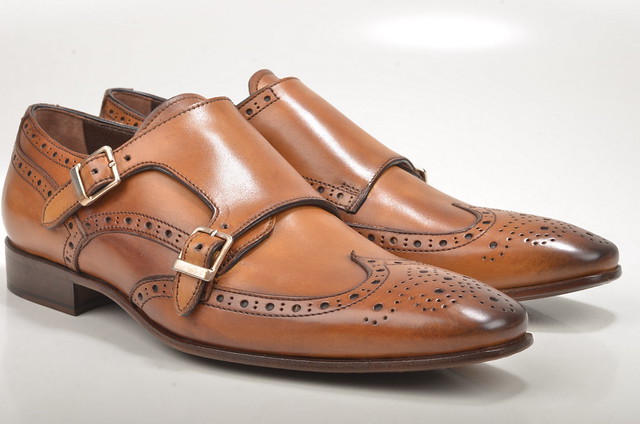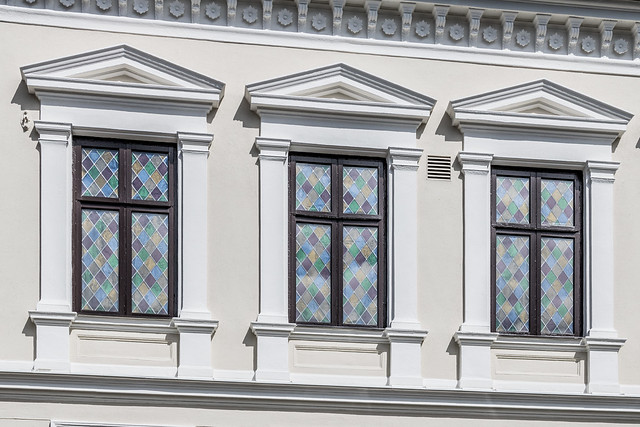Podcast: Play in new window | Download
In this episode we’re looking at Celtic words for hill and breast and related things.
A Proto-Celtic word for hill is *brusnyos, which comes from Proto-Celtic *brusū (belly, abdomen, breast), possibly from the Proto-Indo-European *bʰrews- (belly, to swell) [source].
Descendents in the modern Celtic languages include:
- broinne = breast, bosom, brink, verge in Irish.
- broinne [brɤin̪ʲ] = belly, stomach, womb, bulge in Scottish Gaelic
- brein = big, great, grand, heavy, tall in Manx
- bron [brɔn] = breast, bosom, thorax, hill-side, slope in Welsh
- bronn [brɔn] = breast, hill in Cornish
- bronn [brɔ̃n] = breast in Breton
Words from the same Proto-Celtic root, via the Proto-West-Germanic *brunnjā (chainmail shirt), include: brynja (coat of mail) in Icelandic, Swedish and Faroese, brynje (mail, armour) in Danish, brynje (coat of armour, protective clothing for motorcyclists) in Norwegian, and броня [brɔˈnʲa] (armour, armoured vehicle, shell) in Ukrainian [source].
The English words breast, brisket and bruise come from the same PIE root, as do borst (chest, thorax, breast) in Dutch, and bröst (breast, chest, thorax) in Swedish [source].
You can find more details of words for Hills and related things on the Celtiadur blog. I also write about words, etymology and other language-related topics on the Omniglot Blog.
Radio Omniglot podcasts are brought to you in association with Blubrry Podcast Hosting, a great place to host your podcasts. Get your first month free with the promo code omniglot.











